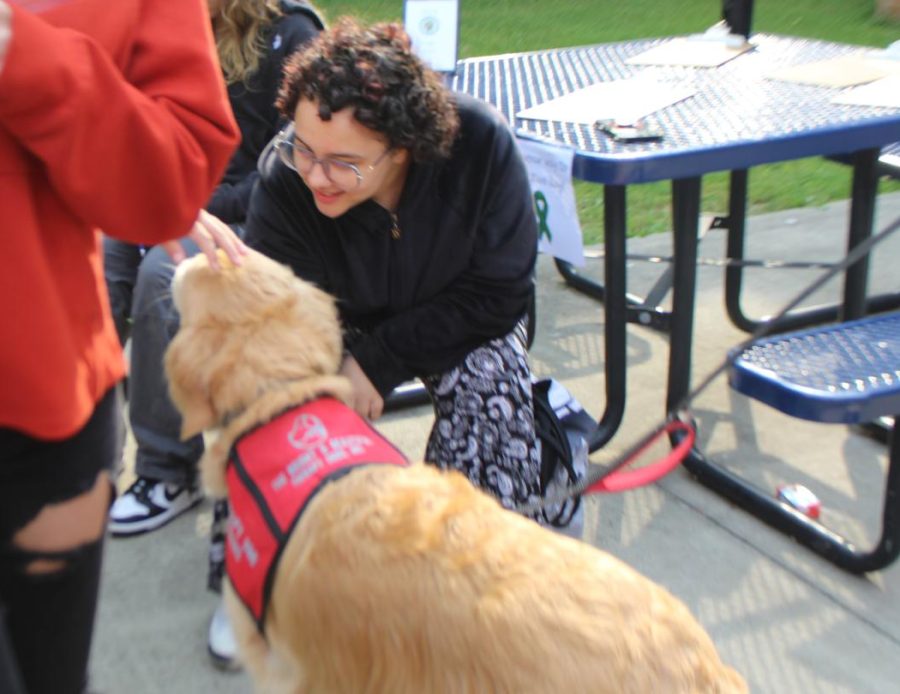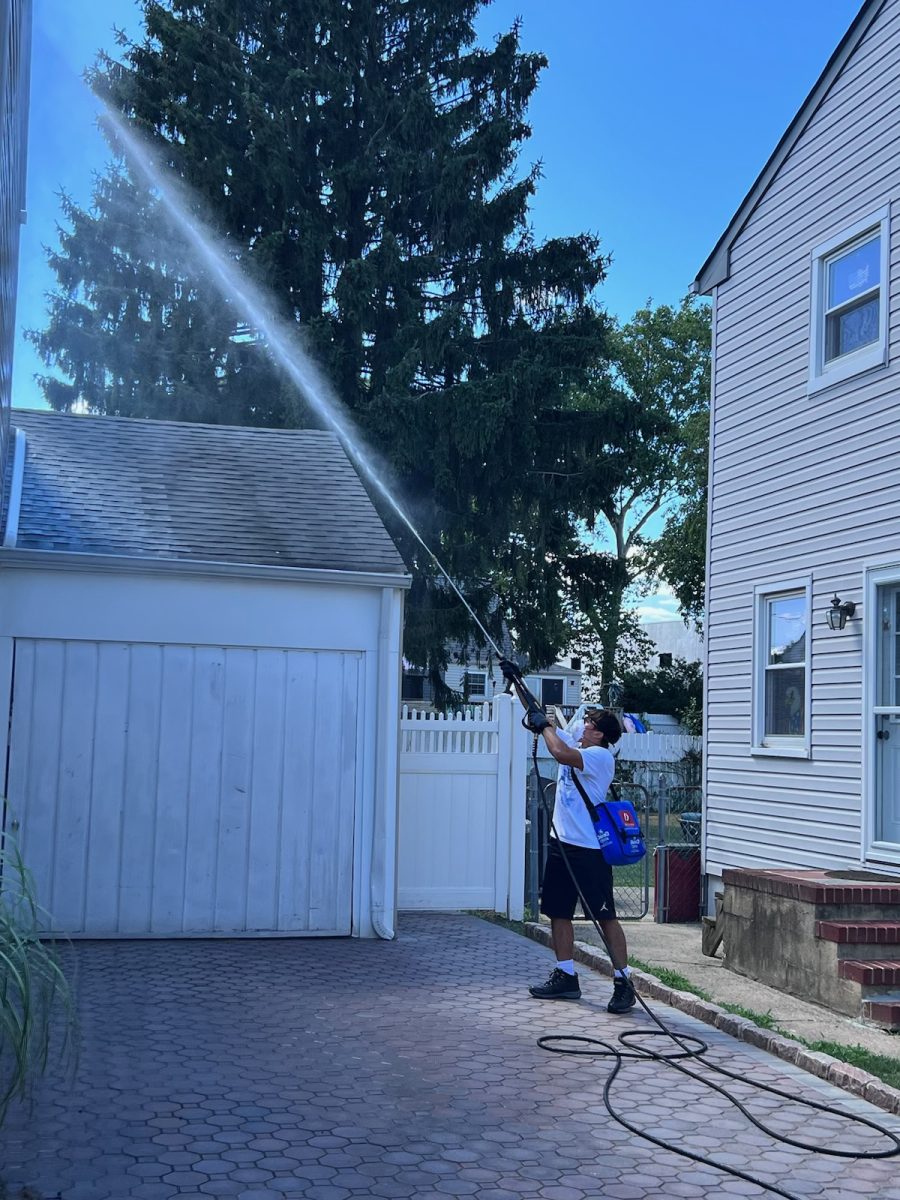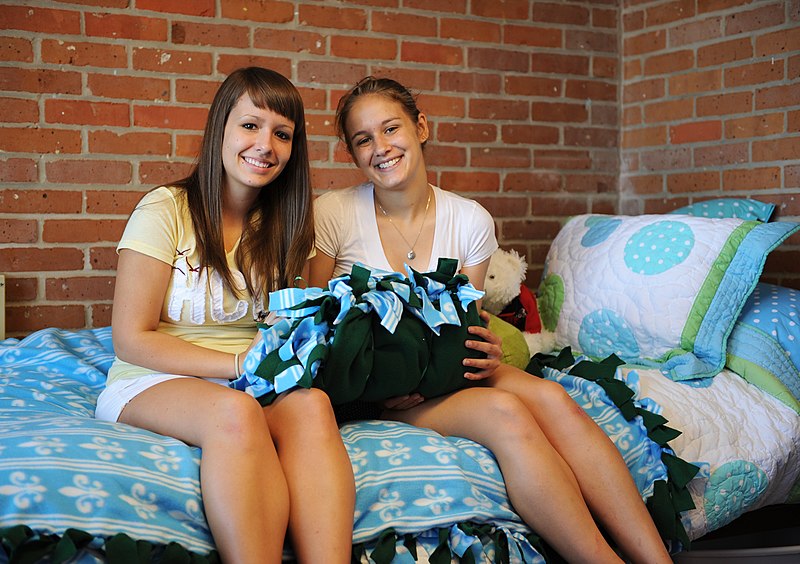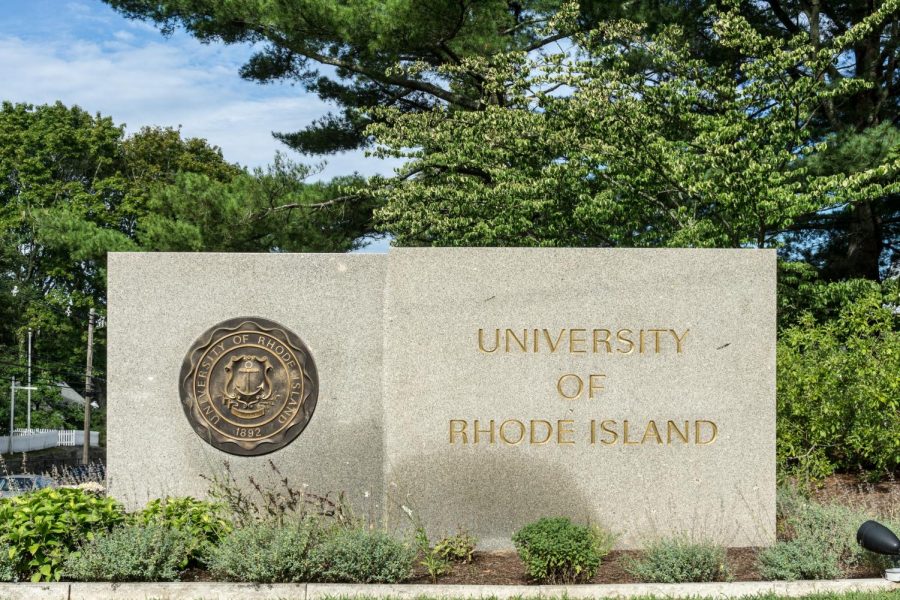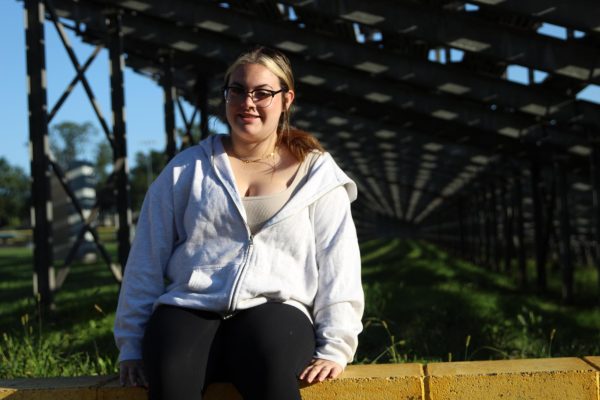Recently Woodbridge Township school district has started doing SEL, or social-emotional learning. It’s great that the faculty surrounded by our children are taking their mental health into consideration. What we beg to question is does this really help our youth?
What is SEL?
According to CASEL, they define social-emotional learning as a “crucial component of human development and education. The process by which all young people and adults acquire and apply the knowledge, skills, and attitudes necessary to develop healthy identities, manage emotions, and achieve personal and collective goals. Feeling and demonstrating empathy for others, establishing and maintaining supportive relationships, and making decisions that are responsible and caring is referred to as self-esteem development.” They also state “SEL advances educational equity and excellence through authentic school-family-community partnerships to establish learning environments and experiences that feature trusting and collaborative relationships, rigorous and meaningful curriculum and instruction, and ongoing evaluation.”
A deep dive
The first meta-analysis that CASEL held incorporated the discoveries from investigations. 213 school-based, widespread SEL programs, included results informing an excess of 270,000 students from kindergarten through high school. Two significant results stood out: students who participated in SEL programs had significantly improved SEL skills, attitudes, positive social behavior, and academic performances. Significantly lower levels of conduct problems and emotional distress when compared to students who were in the control group. SEL program participants’ improved academic performance resulted in an 11 percentile point. Increase in achievement, indicating that SEL programs tend to enhance rather than hinder students’ academic success, as stated by KAPPAN.
The impact of SEL performance in the classroom cannot be measured solely by grades. According to Dr. Christina Cipriano, “Students are more likely to find school and learning as a source of anxiety, manifesting in diminished self-efficacy, motivation, engagement, and connectedness with school” when school performance is poor and they are struggling, on the report of National University.
The swindle of SEL
Although SEL is a great thing there are some cons. Being that students K-12 are taking part in it, it can alter many experiences. Depending on the way it’s perceived, SEL could teach children to view feelings other than optimism and happiness as bad. It can teach a child to feel good about themselves even when they’ve done or been through bad things. SEL can hinder a child’s ability to think for themselves, making it more difficult for them to form their own opinions or feelings. In accordance with Education Task, acknowledging one’s feelings is the best way to deal with them, which is the goal of social-emotional learning. However, we run the risk of basing our subsequent actions on these feelings in an effort to justify them. Because it prevents a clear view of reality, this victimization process is extremely harmful.



